The phenomenal success of Perfect Diary through leveraging private traffic highlighted this concept as key in marketing to the Chinese market. This is especially in the context of how e-commerce in China is predicted to comprise 57% of total retail sales in 2022, thus highlighting the importance of online customer engagement.
What is private traffic (私域流量)?
Private traffic refers to a marketing method whereby communication with customers is funnelled into private pools on platforms that allow brands to have full control without costs of third-party platforms. Examples of private traffic platforms include WeChat groups, which can include fans of a brand or a closer-knit community. The purpose of private traffic in China is akin to the purpose of emails or newsletters in the US- essentially to engage consumers.
Private traffic keeps customer-acquisition cost low
With the rise of the stay-at-home economy in China, e-commerce in the Chinese B2C market has only grown further. Private traffic is thus a cost-worthy method for customer acquisition. This is because, in opposition to public traffic- for instance Chinese social media platforms such as Zhihu (知乎)- brands have a specific target group of consumers that they can continuously engage.
5 Chinese companies using Private traffic
Wang Lao Ji (王老吉)
Wang Lao Ji- a herbal tea brand known in China for eliminating ‘heat’ from the body, is ranked among China’s most valuable food and beverage brands. Yet, Wang Lao Ji’s constant and still-growing success needs to be set in the context of how Chinese youth’s taste preferences are gradually shifting away from tea. Wang Lao Ji’s success thus cannot be taken for granted, with private traffic a crucial factor in ensuring its continuous expansion on the market.

Source: Morning Herald, Wang Lao Ji and the 2021 May Day wedding boom
Coinciding with the 2021 May Day wedding boom, Wang Lao Ji came up with content in its WeChat groups, flooding its WeChat channel with “新婚大吉”. Notably, “新婚大吉” is a creative method through which Wang Lao Ji managed to integrate its brand name into an auspicious phrase. Fans of the brand were delighted with Wang Lao Ji’s play on words, and were drawn to its wedding-specific May-Day offerings. This then led to them enthusiastically sharing Wang Lao Ji’s content within their friend circles on private traffic platforms, reminding consumers of Wang Lao Ji’s relevance. In turn, Wang Lao Ji’s sales were greatly boosted.
Coffee Pls (永璞咖啡)
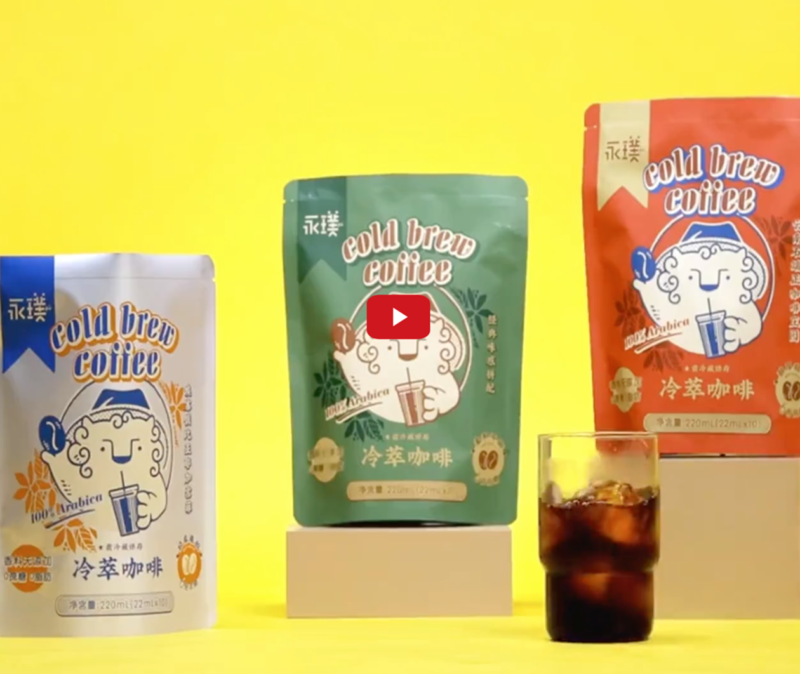
Source: Item.jd.com, Coffee Pls products
Coffee Pls, a Chinese instant coffee brand established in 2014, was ranked first in the coffee market in November 2020. Its brand is highly distinguishable due to its brand ‘mascot’ (“石端正”) inspired by a stone lion known in Chinese folklore. Notably, Coffee Pls has successfully integrated its highly recognisable mascot as a key pillar of its private traffic strategy. For instance, its online ‘spokesperson’ is the mascot 石端正. This mascot interacts with customers through sharing coffee-related knowledge and brewing techniques. 石端正 helps Coffee Pls strategically build an emotional connect with customers, and can be seen as a key pillar cementing Coffee Pls’ private traffic success.
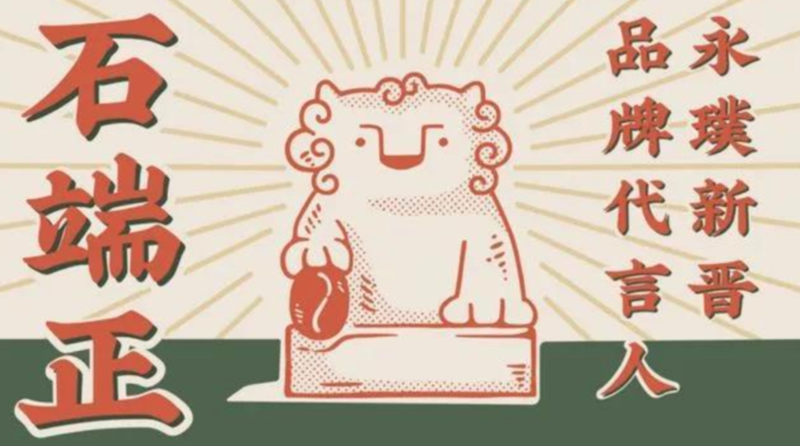
Source: Cyzone, 石端正 as Coffee Pls’ spokesperson
Lucky Wang (王小卤凤抓)
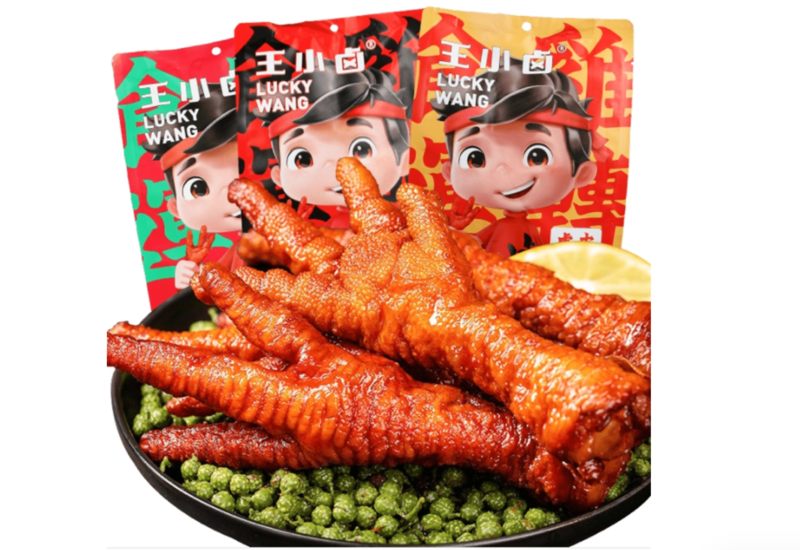
Source: Kakabuy.com, lucky Wang’s product
Established in 2019 on Taobao, Lucky Wang was ranked first in terms of sales in the chicken-snacks related category on Taobao in the 11.11 sales. Its meteoric rise has also been attributed in part to its knowledgeable use of private traffic. Founder Wang Xiaohao shared that through private traffic use, he is able to treat users as partners and involve them in the growing of the brand and products. Consequently, he Wang is then able to build his brand with a better understanding of consumer preferences. For instance, Wang has a WeChat group consisting of 200 users, specifically for the purpose of reviewing pre-release products. These users are known as ‘national-level foodies’, with high standards for products. Each month, these ‘foodies’ review four or five pre-release products, thus enabling Wang to launch only new products which receive good reviews.
Winona 薇诺娜
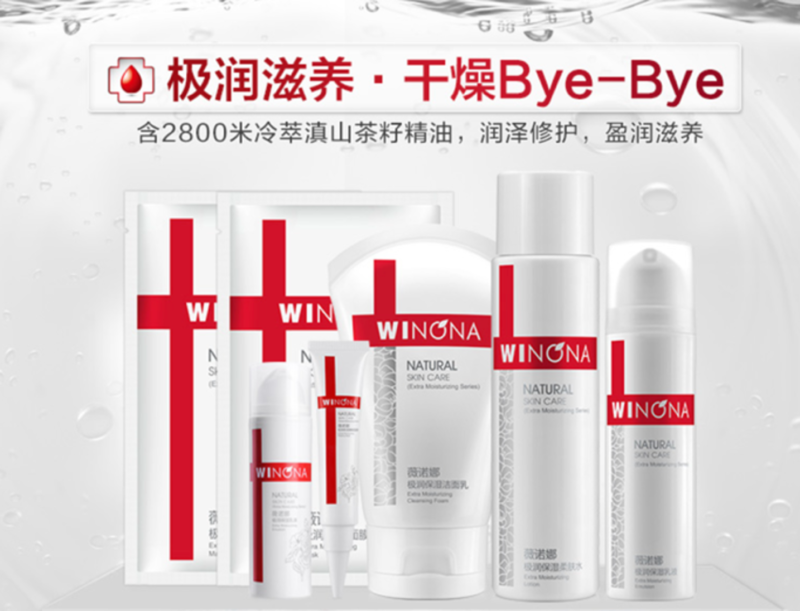
Source: Winona, Winona products
Winona is a skincare brand aimed at sensitive skin and is today the leading brand in China in this category. Its private traffic strategy relies in part on offline customer service to direct customers to its private traffic network on WeChat. For instance, Winona consultants, after having advised customers on which products to buy, in fact direct them to make their purchases on Winona’s WeChat platform. Customers then become part of Winona’s WeChat community, thus enabling Winona to strengthen its customer engagement and retention through this method. With China’s structural shift towards online retail, Winona’s offline-online strategy of building customer loyalty would be worthwhile for other brands to emulate.
Chando (自然堂)
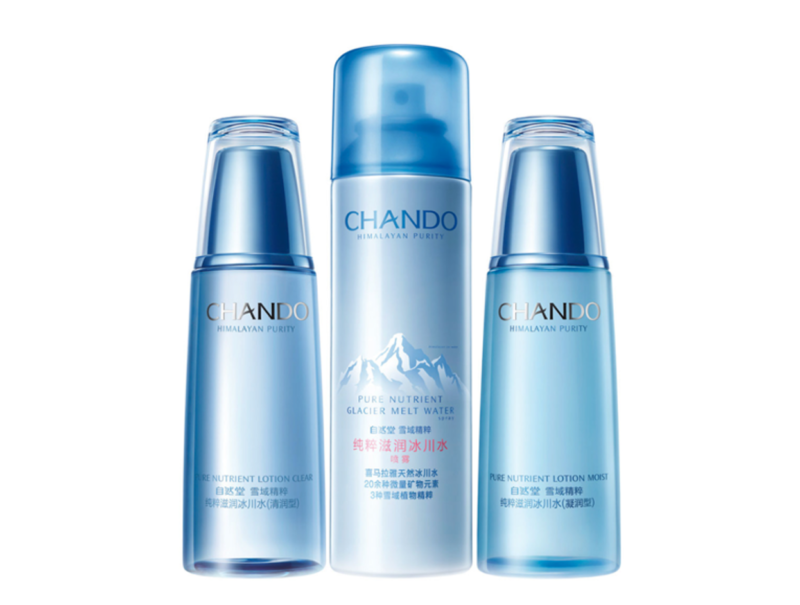
Source: Centdegres.com, Chando products
Chando has been consistently considered as one of the top players in China’s domestic beauty market. Private traffic is also an integral component of its success. Chando’s private traffic consists of a comprehensive WeChat mini-program and a linked WeChat official account for consumers and members. The WeChat mini-program enables consumers to receive private consulting services with customer service staff, highlighting how Chando seeks to build customer rapport with a human touch even through online methods. Moreover, when Chando’s potential consumers enter the latter’s physical stores, they will also be encouraged to join Chando’s VIP WeChat group.
Lessons learnt from these 5 Chinese companies’ private traffic case studies
Have a distinguishable aspect of your brand when it comes to private traffic usage
With myriad brands using private traffic as part of their marketing strategies, it is essential for individual brands to understand how to differentiate themselves and stand out. For brands just entering the Chinese market, following Coffee Pls’ example of having a relatable mascot linked to Chinese history fronting private traffic channels could be a simple yet effective starting point. For skincare or beauty brands, it would be worthwhile to explore deeper integration between personalised customer service and private traffic, in order to build consumer trust holistically.
Two-way communication with customers
It is also important for brands to incentivize customers to communicate feedback willingly. Private traffic is a worthy way to engage customers, because the nature of private chat groups can enable customers to feel that they are part of a community and hence have a stake in the brand’s success. Lucky Wang’s success in gaining feedback from customers is particularly notable.
Make use of holidays and/or festivals in China to surprise consumers with innovative tweaks to your products
As Wang Lao Ji has done successfully during the 2021 May Day wedding boom, brands can explore leveraging upon holidays and/or festivals to highlight the relevancy of products in a variety of situations. Private traffic is important to this end, because brands can be sure that their community of consumers on private traffic channels are already product fans. This would then ensure greater responsiveness towards marketing campaigns.





